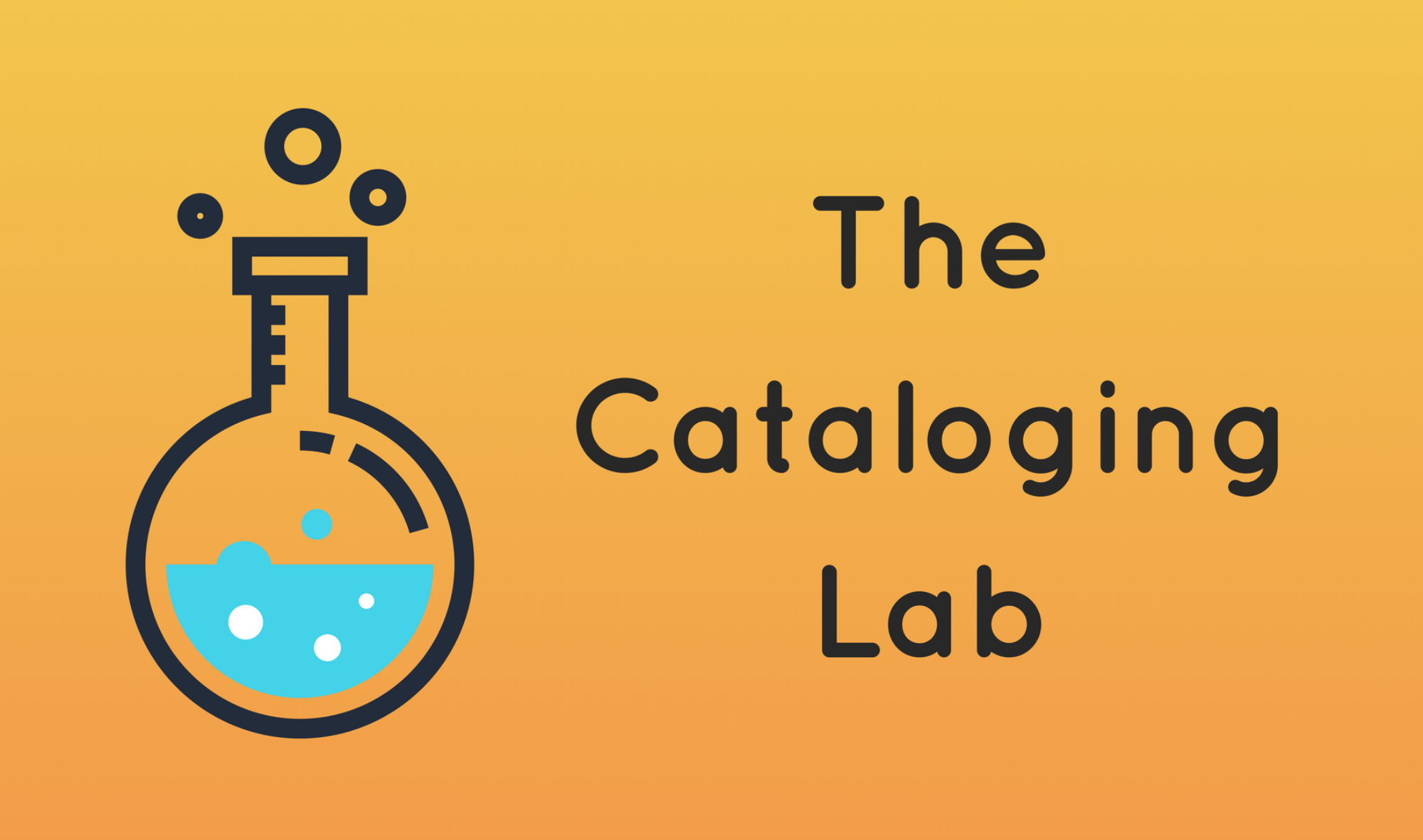Critcatenate is an effort to keep folks up to date on critcat efforts with a monthly-ish roundup of news. Critcat is short for critical cataloging, focusing on the ethical implications of library metadata, cataloging, and classification standards, practice, and infrastructure.
#critcat in March 2023:
- Request for feedback: The Queer Metadata Collective is looking for feedback from catalogers, archivists, and other metadata workers on questions or dilemmas they have encountered while describing individuals, communities, and/or items. See twitter thread for more details and email brimwats@mail.ubc.ca with your input.
- Request for feedback: the draft version of Best Practices in Authority Work Relating to Indigenous Groups in the U.S. is now open for comment. The document will be published in May by the Latin American and Indigenous Peoples of the Americas SACO Funnel. Feedback in the document is welcome.
- New blog post: Queer Cataloguing in UK Museums by Arran Rees, discussing survey results and the idea of queering cataloging
- New issue of Library Resources & Technical Services, featuring articles:
- Using the Homosaurus in a Public Library Consortium: A Case Study by Rachel K. Fischer
- Documenting Classification Systems: A Case Study and Considerations by Christopher Straughn
- Community Forward: Developing an Open and Free Cataloging Standard for Rare Materials by kalan Knudson Davis, Jessica Grzegorski, Elizabeth Hobart, A. Tims
- New article in Journal of the Early Republic: Indigenous, Native American, or American Indian? The Limitations of Broad Terms by Brooke Bauer and Elizabeth Ellis. Open access for a limited time.
- New recordings available as part of the Ways of Knowing Oral History project, funded in part by the Metropolitan New York Library Council’s 2022 Equity In Action Grant, featuring interviews with metadata creators Sarah Pritchard, Mary Ellen Capek, Richard Chabrán, Lillian Castillo-Speed, Adrian Williams, and K.J. Rawson
- New report: The Report of the SAC Working Group on External Review of LC Vocabularies provides ideas for improving the editorial process for LC vocabularies such as LCSH, including creating an external review board and enabling more efficient methods for submitting proposals
- New blog post: A Conversation with Bri Watson on the University of British Columbia iSchool blog, about Bri’s work as iSchool EDI Scholar-in-Residence 2022/2023 and in the Trans Metadata Collective and the Queer Metadata Collective
- New blog post: “On the other hand… ” by Kathryn Becker on the Dewey Blog about the capitalization of “Black” and “white” in WebDewey.
- New page: DEI Initiative Support from vendor Backstage Library Works gives an overview of their process for replacing problematic terms, including a list of FAQs about “Managing Terms In Your Authority Catalog”
- New journal article: Archives of Revolution by Emma Hart, Sean Quimby, and Karin Wulf, urging critical thought about how revolutions are archived, including reparative description efforts. Published in Age of Revolutions, an open-access journal.
- Presentation: “The Power to Change Sears is in Your Hands” (video, text and slides) by Violet Fox, hosted by the Interest Group for Bibliographic Standards as part of the Library and Information Association of South Africa’s South African Library Week 2023, discussing recent changes within the Sears List of Subject Headings
- Webinar at Virginia’s Academic Library Consortium Anti-Racism Webinar Series focusing on Metadata & Cataloging, featuring speakers Jeremy Bartczak, Whitney Buccicone, David Heilbrun, and Merrilee Proffitt
I’m doing a brief review of the new LCSH lists for headings that might be of interest to readers of Critcatenate. FYI, LCSH list numbers consist of a two-digit number for the year and a two-digit number for the month the headings were approved (for example, headings on list 2212 were approved in December 2022).
New LC headings of note on list 2212:
- Multiple changes to subject headings relating to Giants, Gigantism, Acromegaly, and Tall people. See the Cataloging Lab entry on Giants for more information.
- Multiple changes to subject headings relating to Alcoholism, Controlled drinking, Drinking of alcoholic beverages, Intoxication, and Temperance
- New subject heading: White supremacy (Social structure)
Don’t miss the additional list 2212a, which continues the updating of LCSH relating to slavery and updates to “Enslaved persons.”
Upcoming:
- Wednesday April 5: Inclusive metadata: Steps to address diversity, equity and inclusion in your DAM, webinar presented by Sharon Mizota
- Friday April 14: NETSL 2023 Annual Conference: Passion into Action: Your Initiative in Technical Services, sponsored by NETSL, the New England Technical Services Librarians. Sessions include:
- “Our Metadata, Ourselves: The Trans Metadata Collective,” presented by Jackson Huang and Bri Watson
- “Implementing Diversity, Equity, & Inclusion (DEI) in the Catalog: A Case of Library Connection (LCI) Libraries,” presented by Judy Njoroge
- “Sex Negativity & Anti-Queerness in Library of Congress Classification: History, Structure, & Systems,” presented by Rhonda Kauffman, Tiffany Henry, Anastasia Chiu
- “Whose Authority? Applying a DEI Lens to Traditional Descriptive Practice,” presented by Laura Daniels, Jackie Magagnosc, Liz Parker
- “Did Libraries ‘Change the Subject’? What Happened, What Didn’t, & What’s Ahead,” presented by Jill Baron, Violet Fox, Tina Gross
- Wednesday April 19: Jumpstart Inclusive Cataloging, full-day webinar presented by Library Journal as a followup to their November 8th webinar of the same name. Sessions include:
- “The Past and Future of Inclusive Cataloging,” presented by Jennifer Baxmeyer
- “Critical Data: Make the Case for Change in Your Library,” presented by Rachel K. Fischer
- “Cataloging with Homosaurus: Advocating for LGBTQIA+ Resources and Discoverability,” presented by Jay L. Colbert
- “Indigenous Cataloging: Centering First Nations Cultures, Communities, Collections,” presented by Colette Poitras and Stacy Allison-Cassin
- “Critical Cataloging and Community Input: Khmer Collections,” presented by Amber Wu and Christine Hertzel
- “Integrating Inclusive Cataloging with Your Vendors,” presented by
Brinna Michael and Sofia Slutskaya - “Tools and Strategies for Auditing and Recataloging Nonfiction,” presented by Meghan O’Keefe
Please get in touch if I’ve missed anything relevant, I’d be happy to add it to next month’s report!
